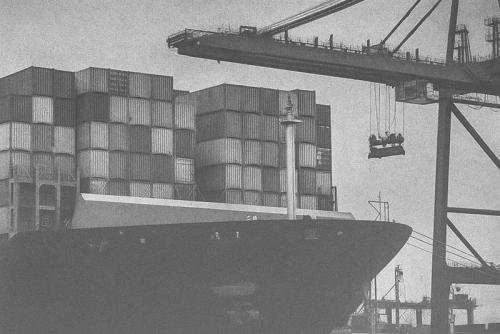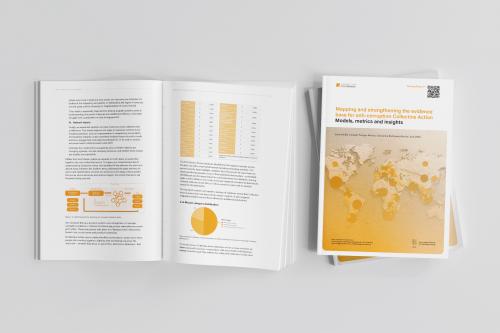New Working Paper on Swiss gold refineries and money laundering regulations

The Basel Institute's latest Working Paper explores whether, why and how gold refiners can be further integrated in efforts to prevent and combat money laundering in Switzerland. The author, Stefan Mbiyavanga, explains the background and what motivated him to write it, including pending reforms in the Swiss Anti-Money Laundering Act.
Faced with increasingly regulated financial markets, international money launderers have long fallen for the glitz of gold. Billions of dollars' worth of gold are bought and sold by these criminals. Gold is an extremely attractive vehicle to turn illicit profits into a stable, anonymous and easily exchangeable asset.
Not only that, but a lot of gold is mined in conflict zones or regions in the grips of organised crime. This gives you an idea of the money laundering risks faced by the gold industry.
As the world’s leading gold refining hub, Switzerland is clearly exposed to these risks. Four of the world's largest gold refiners are situated in Switzerland. Together, they refine up to 70 percent of the global gold mining output.
Similar to banks in relation to money, these refiners face the task of choosing which gold can enter international markets. Once gold has been refined in Switzerland, it is internationally accredited and able to be traded freely.
Unlike banks, however, the refiners’ core business is only marginally affected by Switzerland’s anti-money laundering regulation. And so it comes at no surprise that cases of Swiss gold refiners accepting gold from highly suspect suppliers keep coming up. Many experts worry about the risks a number of gold refiners seem to have accepted – not least industry representatives themselves.
There is undoubtedly a public interest in having a comprehensive national strategy to identify and fight the forms of organised crime that have infiltrated the international gold trade. There is also a public interest in upholding the reputation of Switzerland as a business hub with a high degree of integrity.
Download Working Paper 31 in:



